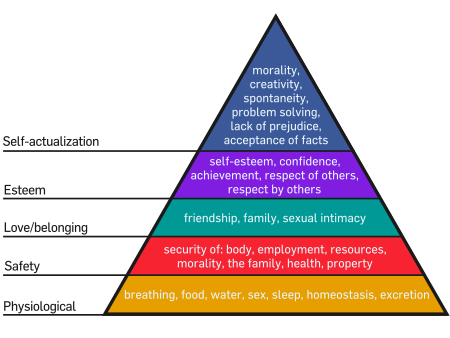A new report into world education shows Finland has the best system. The global study is called “The Learning Curve” and is from the British magazine “The Economist”. It aims to help governments provide a better education to students. The 52-page report looked at the education system in 50 countries. Researchers analysed millions of statistics on exam grades, literacy rates, attendance, and university graduation rates. Asia did well in the report, with South Korea, Hong Kong, Japan and Singapore finishing second, third, fourth and fifth. The United States came 17th in the study, while Mexico, Brazil and Indonesia filled the bottom three positions in the top 50.
The Learning Curve reported on five things that education leaders should remember. The first is that spending lots of money on schools and teachers does not always mean students will learn. Second is that “good teachers are essential to high-quality education”. The report said teachers should be “treated as the valuable professionals they are, not as technicians in a huge, educational machine”. Numbers three and four are that a country’s culture must have a strong focus on the importance of education, and parents have a key part to play. Finally, countries need to “educate for the future, not just the present.” The report said: “Many of today’s job titles…simply did not exist 20 years ago.”
Questions
- What does the phrase “Learning Curve” mean?
- Do you think that spending more money on education systems will make it better?
- What do you think are some things that are wrong with the current(right now) education system in your country? (classrooms, technology, subjects, teachers, exams, hours, society)
- What did you like about your education? What didn’t you like?
- What did you think of your teachers? Did you have a favorite teacher? Why was s/he your favorite?
- What do you think makes a good teacher? A bad one?
- Do you think that teachers should get paid more like doctors, bankers, and lawyers?
- Why do you think that Finland’s education system is so good?
- What advice would you give students who are currently studying?

